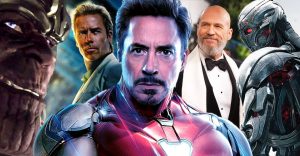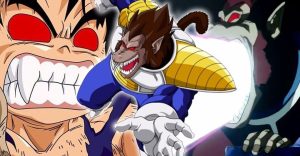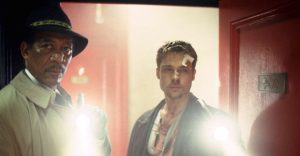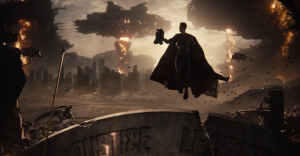Why The Breaking Bad Franchise Should End With Better Call Saul
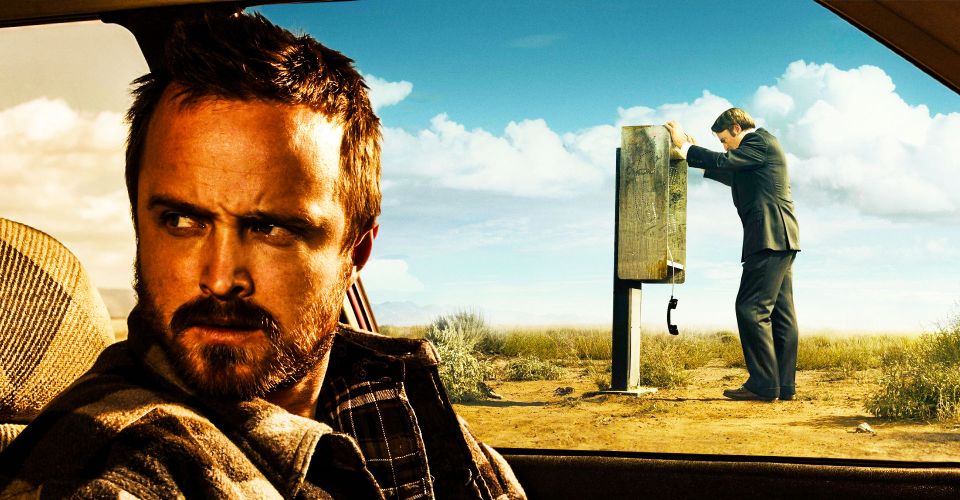
Vince Gilligan and co. must surely be tempted to extend their Breaking Bad franchise into the future, but Better Call Saul season 6 should represent a conclusive full stop to the overarching story. The critical success of Breaking Bad and its various offshoots is nothing short of phenomenal. Airing in 2008, Breaking Bad gathered more momentum with each and every season, culminating in that rarest of things – a TV finale audiences actually enjoyed. Many perceived Breaking Bad‘s decision to enter the spinoff game a potential risk to its stellar legacy, yet Better Call Saul has defied the odds by enhancing its predecessor’s reputation. Even a Netflix movie, El Camino: A Breaking Bad Movie, couldn’t end the winning streak.
Better Call Saul season 6 will bring Jimmy McGill’s journey to a (presumably bullet-ridden) close. Naturally, thoughts will then turn toward how the Breaking Bad franchise might continue with another chapter. No related projects are currently in development, but Vince Gilligan – creator behind Breaking Bad and its spinoffs – hasn’t ruled anything out for the future. From a sequel starring Aaron Paul as an older Jesse Pinkman, to a prequel following the early years of Gustavo Fring, it’s also easy to see where another Breaking Bad spinoff could mine for material.
As tempting as continuing the Breaking Bad franchise would be from a commercial standpoint, Better Call Saul represents the perfect chance for a satisfying ending to the overall mythos. Here’s why Better Call Saul season 6 should be the “Felina” for the entire Breaking Bad franchise.
No Other Show Could Bookend Breaking Bad Like Better Call Saul

The best creative benefit of ending the Breaking Bad franchise with Better Call Saul is the unique dual timeline mechanic – a satisfying narrative bookend that’ll be very difficult to replicate elsewhere. Better Call Saul mainly wears the hat of a Breaking Bad prequel, with 99% of Saul’s story laying foundations for events to come in Walter White’s era. Jimmy McGill begins his gradual descent into criminality, Gus Fring tightens his grip on the Albuquerque drug market, Mike Ehrmantraut accidentally becomes a criminal, the “superlab” is constructed, and viewers meet the fabled Lalo Salamanca for the very first time. Meanwhile, Better Call Saul‘s “Gene” timeline takes place after Saul Goodman’s dalliance with Walter White forces him on the run. Heading into season 6, it’s impossible to say whether Better Call Saul‘s black-and-white sequences are happening after Breaking Bad‘s finale and El Camino, but they’re certainly nudging that latter end of the timeline.
Better Call Saul season 6 will bring both eras resolution. The prequel timeline’s road to Breaking Bad finally reaches its destination, addressing Kim’s fate, showing Gus Fring outsmarting Lalo Salamanca, and confirming how Jimmy ultimately tips over the point of no return toward his Saul Goodman transformation. These answers will inevitably reframe how audiences see Breaking Bad. The Better Call Saul Gene scenes then venture into uncharted territory, crafting a final ending for Jimmy McGill, and potentially pushing further into the Breaking Bad timeline than ever before.
By touching upon the past and future of Breaking Bad, Better Call Saul season 6 carries a sense of finality – an emotive pincer packed with meaning that’s perfect for closing the entire book, not just Saul’s chapter. Sure, a future Breaking Bad project could adopt the same twin-timeline format, but that’d only prompt accusations of copying.
Can Breaking Bad’s Lightning Strike Four Times?

Vince Gilligan’s Breaking Bad hot-streak is something to behold. Reaching 11 seasons and a movie (likely 12 seasons and a movie in the very near future) without alienating its audience, dividing fans, or suffering any noticeable dip in quality beyond a single love-it-or-hate-it episode (Breaking Bad season 3’s “Fly”) is a remarkable feat. So many top-drawer TV shows have slipped up in the spinoff stakes, from Joey to The Many Saints of Newark, but Better Call Saul has become synonymous with offshoot success. Most recently, James Gunn cited Jimmy McGill’s solo series as a huge influence upon Peacemaker, proving Vince Gilligan’s Breaking Bad prequel every bit as influential as its parent show. By the same blood-soaked ticket, El Camino deftly dodged the pitfall of being the dreaded “sequel that reveals too much,” answering the question of Jessie Pinkman’s future while still retaining an open-ended quality to his fate.
Gilligan and his co-conspirators might’ve hit home runs with Breaking Bad, Better Call Saul and El Camino, but winning streaks exist to be broken, and no franchise is completely infallible. Breaking Bad has defied the odds up until this point, but there is such thing as a spinoff too far. A time when the creative juices run dry, audience appetite dulls, or the desire to sustain an IP overtakes motivation to tell good stories. Rather than find out precisely where that point lies for Breaking Bad, better to end on the high note that’ll very likely be Better Call Saul season 6.
Better Call Saul & El Camino Tell All Of Breaking Bad’s Best Spinoff Stories

So rich and intricate is the Breaking Bad universe, there’s a fascinating untold story behind each and every inhabitant. Watching Breaking Bad in the late 2000s/early 2010s, however, the most worthy topics calling for a spinoff were clearly Saul Goodman’s backstory, the history of the Salamanca gang, Gus Fring’s rise to power, how Mike Ehrmantraut transitioned from cop to crook, and what happens to Jesse following his escape from Jack’s compound. Each and every one of those points has since been addressed in either Better Call Saul or El Camino, which leaves Vince Gilligan’s storytelling well rather drier than it was when Breaking Bad ended in 2013.
Does the world need an update on the White family after they left Walt? Possibly not, unless Holly grows up to take her father’s place as Heisenberg. Could a spinoff explore Gus Fring’s younger years alongside Max and Schuler? Absolutely, but a fresh-faced actor would be required, and does a Gus Fring show work without Giancarlo Esposito? And how about a follow-up after Jesse Pinkman absconded to Alaska? Maybe, but wouldn’t that ruin the poignant ending of El Camino? The beauty of Better Call Saul lies in how the spinoff doesn’t merely serve as Jimmy McGill’s prequel, but the prequel of so many notable Breaking Bad figures, none of which require a series of their own any longer. Sequels, on the other hand, face a more morbid obstacle. Aside from their suitability as spinoff subjects, there’s another thing Hank Schrader, Gus Fring, Mike Ehrmantraut and Hector Salamanca all have in common…
Better Call Saul and El Camino were both glaringly obvious in their ripeness for the spinoff treatment. Any new Breaking Bad projects beyond those would be working with a crazy handful of nothin’.
About The Author













